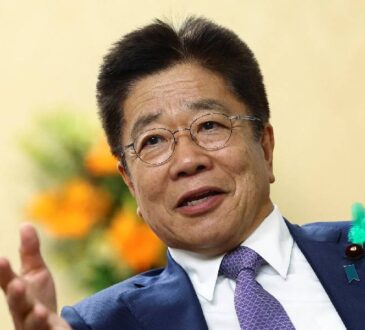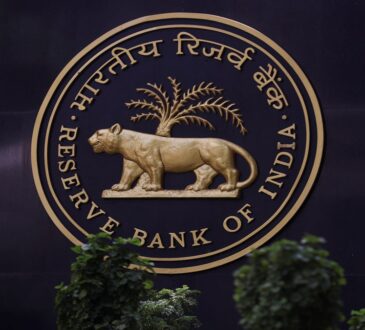The Japanese yen is continuing to slide against the U.S. dollar despite the Bank of Japan ending its negative interest rate policy on March 19. The failure of this move to prop up the currency has brought renewed pressure for government intervention.
Why is the yen falling, and what does this mean for Japan? Here is a selection of stories to bring you up to date on the latest developments.
The yen dropped to its lowest level in 34 years last week, trading near 152 to the dollar. The rapid depreciation came only a week after the Bank of Japan conducted a sweeping policy overhaul and raised interest rates for the first time in 17 years. Read more.
One factor contributing to the yen-selling pressure involves the People’s Bank of China, particularly its moves on daily central parity rates, which serve as a guideline for yuan exchange transactions and influence the dollar exchange rate against a wide range of currencies. Read more.
A persistently strong dollar, backed by protectionist U.S. policies, has also fueled the yen’s weakness. As the U.S. presidential election approaches, a “Buy American” campaign is supporting the greenback. Read more.
While certain large corporations can benefit from the weak yen and the stock market boom, many of Japan’s small businesses are struggling to make profits due to being less able to raise prices. Read more.
“Two-plus decades of zero-to-negative rates turned Japan into the world’s top creditor nation,” writes William Pesek. He points out that the yen carry trade of borrowing cheaply in yen and then deploying the funds into higher-yielding assets everywhere has become the norm across many countries. Read more.
BlackRock CEO Larry Fink says that due to the yen having weakened to around 150 against the dollar, “on a dollar basis, Japanese stocks are very cheap.” He added, “If you look at the quality of some of the Japanese companies and their earnings, they have more upside,” and revealed that the world’s largest asset manager is overweight on Japan. Read more.










